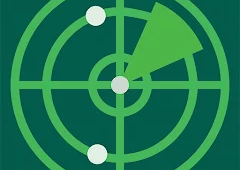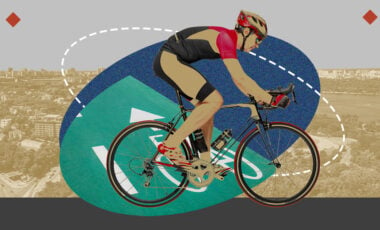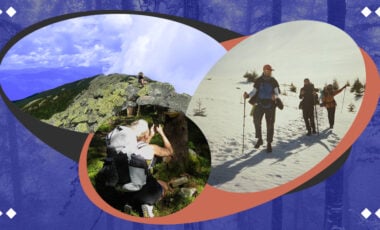Eco-solution: WWF hosts AI art exhibition to raise awareness of climate change in UK
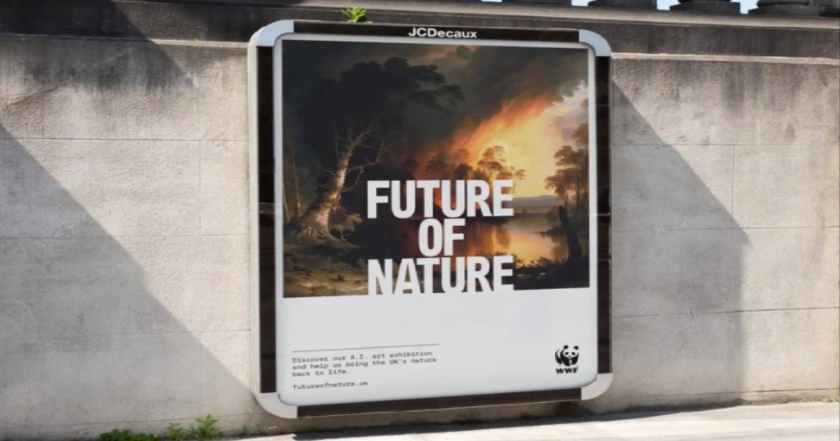
The wildlife NGO has hosted an exhibition imagining how history will remember the fight against climate change in the UK ahead of Earth Day on April 22.
What is the problem?
The UK is in the top 10% of the most nature-depleted countries worldwide. If harmful activities are left unchecked, the situation will only deteriorate further. However, the science is clear about what we need to do to turn things around, WWF says.
What is the solution?
WWF has hosted an exhibition of AI images to call for the conservation of nature in Great Britain.
Composed in the style of British Romanticism, the exhibition imagines how this historical movement might have witnessed and recorded the future of our natural world, and while the paintings themselves are not real, they show genuine possibilities.
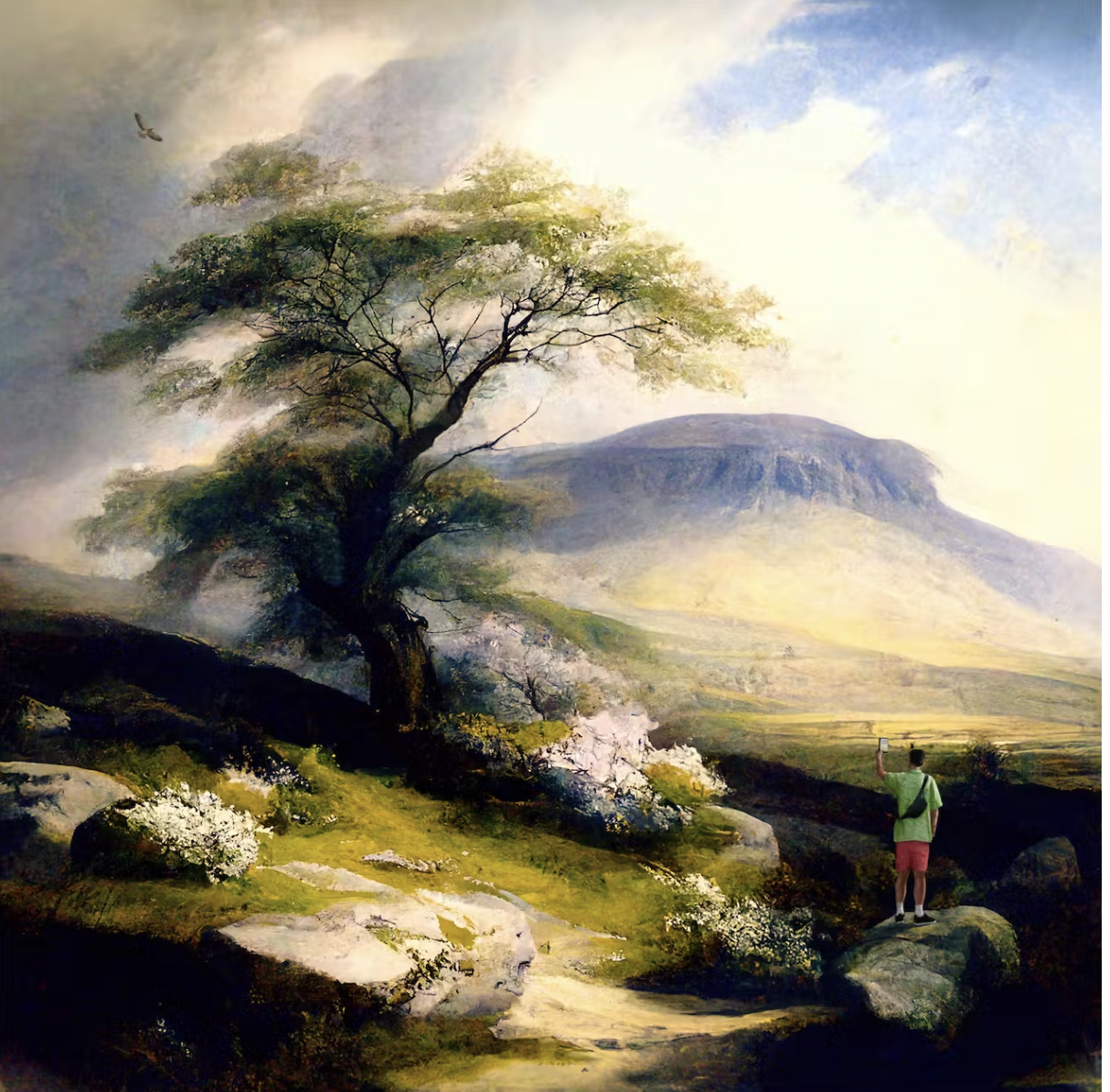
How does it work?
These powerful AI images show the dangerous path we are heading down and how urgently we must act to restore nature at home. The UK is one of the most nature-depleted countries in the world: our rivers are dying, our native birds and animals are in sharp decline and we are degrading our land, Lisa Lee, executive director of communications at WWF, said.
Each image is dated with the year it imagines and is accompanied by a description of real-world scenarios the subject matter faces today.
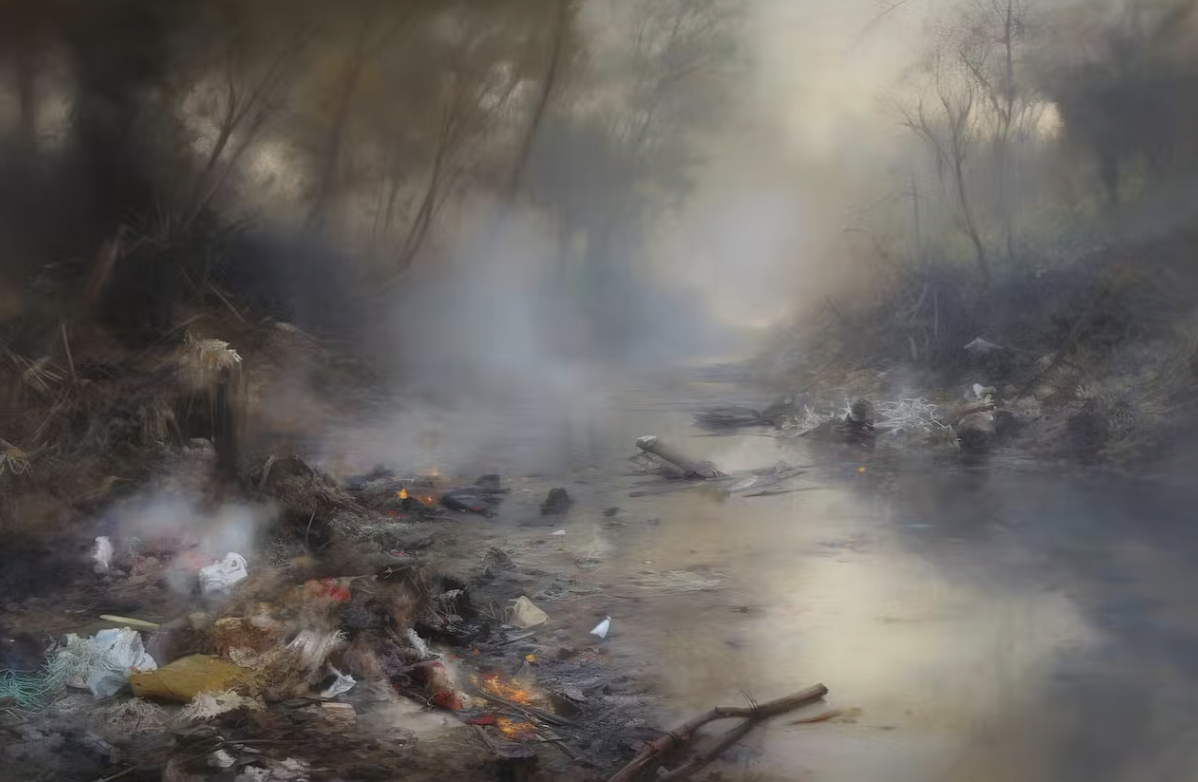
We can all make a difference, but we need action from the government and business to divest from fossil fuels, stop pollution and end harmful farming, Lee added.
The exhibition includes a burning ancient woodland titled Highland Wildfires (2034) and an overflowing landfill titled Sussex Landfill (2067), plus distressing imagery of the three porpoises killed daily in the UK in Innocents (2023).



